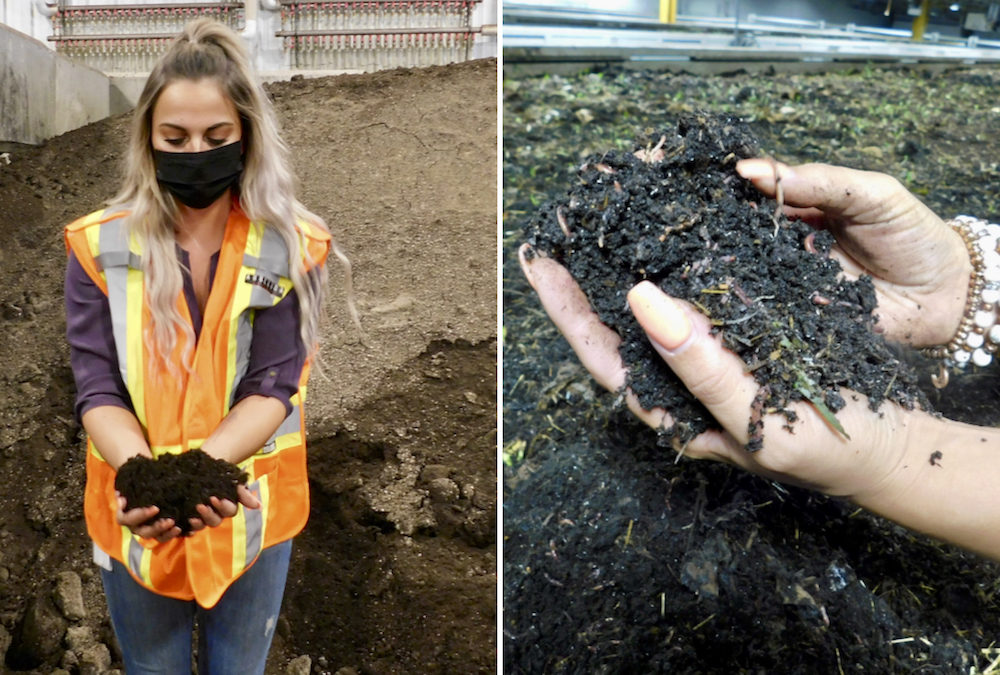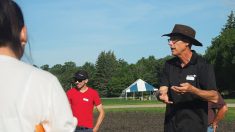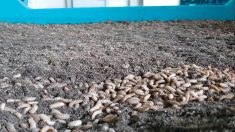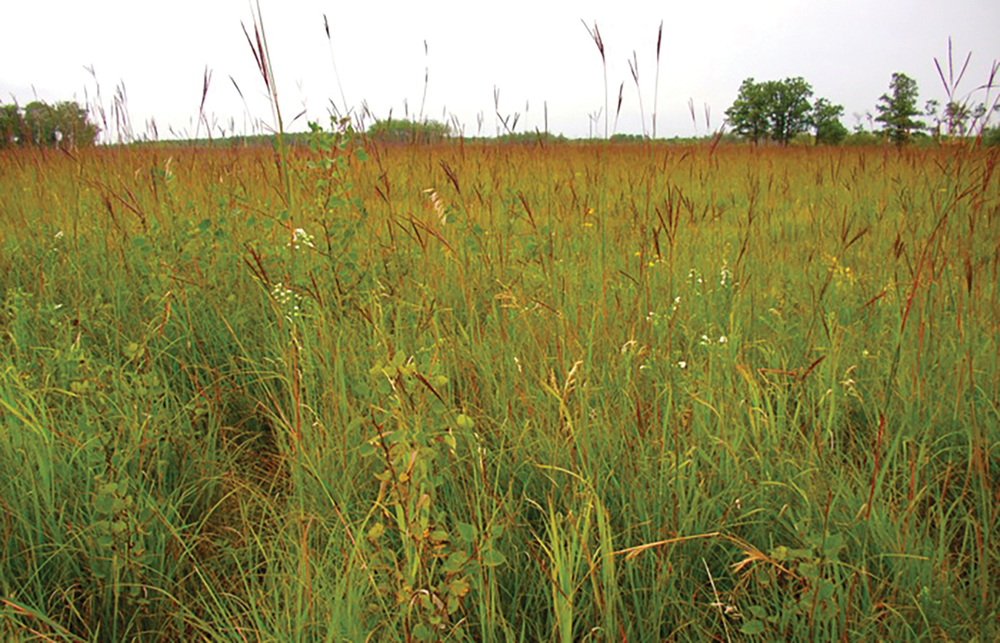Glacier FarmMedia – It all started with a few worms and an idea, and has now grown to four facilities and 70 million red wigglers.
And that’s what makes Canada’s largest worm farm different — it scaled way, way up.
“One of the biggest challenges with worm farms is scalability,” said Michael Launer, CEO of Annelida Organics, an Edmonton company specializing in vermicomposting (worm farming).
“Large providers to the United States are co-ops or consortiums with about 30 different small hobbyists. They provide to one supplier (and) they bag it and sell it.”
Founded in 2018, the fledgling company took possession of an empty building in Stony Plain to use as its first worm farm. It took 11 months to build the beds and make the building into the perfect environment to grow worms. Once set up, the worms started producing castings (worm poop) — which is like gold for gardeners — at the rate of about 5,000 to 6,000 pounds a day.
“We had our first sale as the first wave of COVID-19 hit,” said Launer. “We had a lot of obstacles thrown our way.”
Annelida Organics sells the worms for people who want to have their own worm composts at home, and also does bulk orders. But their specialty is products made from worm castings (a.k.a. vermicastings), which can be used as plant food or items such as lawn ‘repair’ for dog owners.
“We initially started by getting into greenhouses and garden centres, small scale, so we could build larger facilities and so we could have the product capacity to support large-scale applications,” said Brooklynn Fournier, the company’s agricultural sales manager. “The castings do a broad range of things. They increase the microbial base in the soil, which allows for nutrient release. With the help of these beneficial microbes, we can decrease the amount of synthetic fertilizers that need to be applied, while maintaining yields.”
Business soon took off, and the company now employs 40 people.

“We realized in short order that we would not meet the demands of the market, especially when we realized that agriculture was one of the biggest markets we wanted to pursue,” said Launer.
The worms grown at Annelida Organics are red wigglers, and they’re keen to chow down on food waste that would otherwise end up in a landfill.
“We feed diverse food to our worms — produce from the grocery store, coffee grounds and things like that,” said Fournier, adding the company has an arrangement with the Freson Bros. grocery store chain and uses a lot of its unsalable produce.
The beds are started with grains, hay and shredded cardboard, which holds the moisture while the worms feed on it. The beds are more than a storey high and the tops of them (where ‘fresh’ organic material is applied) is accessed by catwalks.
And while they aren’t the fussiest eaters, red wigglers are very particular about temperature and moisture.
“You don’t want your beds to run hot or dry. You want to give them a healthy bed, so you can get all the benefits from nematodes, fungi and everything else that will increase productivity,” said Fournier.
“It’s an actual growing source for beneficial bacteria microbes. The worms will start to eat that, as well as the glue that is found in cardboard. The glue in cardboard is a protein source for worms.”
About 16,000 pounds of waste are used each day to feed the worms. From that, Annelida Organics harvests about 20,000 pounds of worm castings.
The castings are harvested by a giant knife that travels along the bottom of the beds and then the castings are put through a tumbler. The beds themselves last 60 days.
“We start a bed and throw a poker chip on the top. By the time that poker chip runs to the bottom of the bed, that’s when we know we’ve run through the whole process,” she said.
Many worms, many products
In addition to its Stony Plain facility, the company has a second production plant at the Edmonton airport, a breeding operation in St. Albert and a soil-blending facility in Nisku. The latter is where bags and totes of worm castings are blended with products such as peat moss, biochar, and coconut fibre to produce liquid fertilizers as well as granular products used by gardeners, greenhouses, vineyards, cannabis growers and others. They have seed inoculants and liquid extracts as well. Some of Annelida Organics’ products are used in reclamation work for things such as chemicals and oil spills, said Fournier. The group is also moving into turf trials and will be working with operators of sports fields.
It’s a wide array of products that (literally) cover a lot of ground, but worm castings are highly prized, said Fournier.

“Worm castings are a key ingredient in any high-end soil blend,” she said. “It was a natural progression for us to grow from producing the worm castings to blending soils. We now have a full array of scientifically engineered blends that we can do for any industry.”
Last year, the company launched an agricultural line it had been testing in trials.
“We came in a bit late for seeding time, so our seeding treatments didn’t get into as many fields as we were hoping,” said Fournier. “One of the things we really shine with is our seed treatment. Our seed treatment has a microbial base and is paired with other nutrients to speed up overall emergence and germination rates. But it also increases the plant’s overall vigour, allowing it to have some of the jump-start it needs.”
The product showed positive results in the drought conditions this year, as the castings increased soil water-holding capacity.
Annelida has been reaching out to different agencies, because it wants independent organizations to conduct trials.
Its products are available in garden shops in Alberta and B.C., retailers such as Canadian Tire, and at Ray-Agro agricultural dealers. The agricultural line can be purchased from the company directly.
Alexis Kienlen is a reporter with the Alberta Farmer Express. Her article appeared in the Nov. 1, 2021 issue.
















